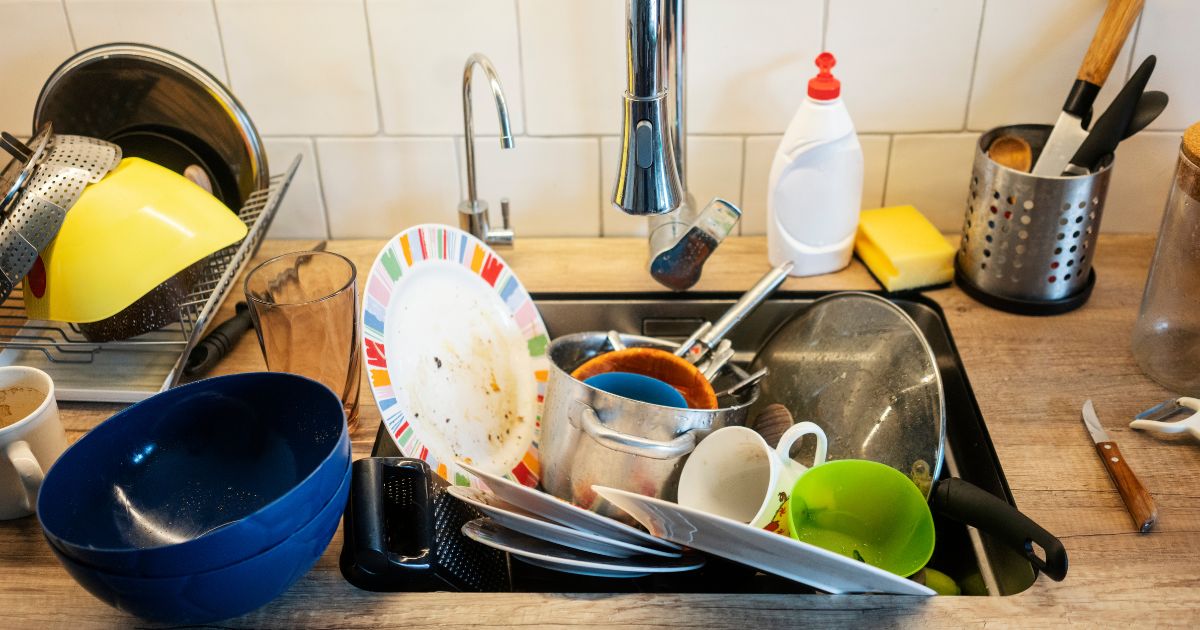10 Tips To Keep Your Home Free From Pest Infestation

Homeowners are always looking for ways to keep their homes and possessions pest-free. One of the best defenses is to be proactive and understand what triggers an infestation. Analyzing the environment, identifying critical points of vulnerability, and taking precautions are all important in stopping pest infestations before they start. Follow these ten tips as part of a preventative home maintenance plan to help protect your home from pests.
1. Regular Cleaning and Maintenance
Pests usually find their way into your home through cracks, crevices, drainage pipes, and connecting walls. Pest infestation control starts with regular Cleaning and maintenance of your home so that these potential points of entry are checked. Hiring professionals helps ensure safety in handling insecticides and other chemicals, which should not be taken lightly.
2. Store Food Properly
Food attracts all kinds of pests, from ants to cockroaches and rodents. It is advisable to store food in sealed containers and keep it away from places where pests could get to it. According to pest control treatment experts, ensuring your home is free from pests depends on the correct storage of food and other dry products. Store dry foods, such as cereal and flour, in sealed containers to protect them from pests.
3. Proper Trash Disposal
Trash cans should be emptied regularly and disposed of properly. All food scraps, dry fruits, and vegetables should be in trash cans without mixing with the regular garbage. Many pests feed on these materials, so separating them from other trash is vital. Most pest control services will offer trash can rentals and drop-off pick-ups.
4. Keep Moisture Out
Moisture attracts molds and mildews, likely to grow in moist areas such as behind your refrigerator or bathroom tiles. Keep these areas dry to prevent mold infestation. Use a duster or vacuum cleaner to remove any excess dust in these areas.
5. Eating at One Place
Creating a habit of eating at a single location will help prevent the spread of pests. Throwing away remains of foodstuffs after eating is also one of the best ways of preventing infestation. Use a trash can for food to prevent pests from getting to your leftovers.
6. Rinse Your Recyclables
Any container used for collecting recyclable items should be checked for infestation. Bottles and tins should be thoroughly rinsed before placing them outside your home since pests commonly use them to start an infestation.
7. Seal Your Home Properly
Sealing your home is one of the best ways of preventing pests from entering your property. Cracks, holes, and wall gaps provide the perfect entry point for pests. Use non-toxic caulking to seal any cracks around windows and doors.
8. Drain Cleaning
The first thing you should do after cleaning a piping system is checking for pest infestation. Clearing debris and molds from drainage pipes in your home are one of the best ways of preventing infestation. A proper pest control treatment involves using appropriate drain cleaners to prevent pests from entering your home through a pipe. Adding a blockage of any kind can also be avoided by ensuring that every layer of water has been cleaned.
9. Use Natural Pest Control
Natural pest control methods such as natural oils, sprays, and deterrents will help keep pests at bay. Using insecticides can also be dangerous since they are highly toxic and can affect surrounding areas.
10. Call an Expert
Hiring skilled professionals to keep your home free from pests is one of the most effective remedies. Hiring a professional pest control company should be part of any homeowners insurance. This way, you know that you have someone to turn to whenever there are pests in your home, and you need pest infestation control services.
For quality pest control services, contact Captain Termite to ensure your home is free from pest infestation.
Tags: pest control, pest control services, pest control treatment, pest infestation control


